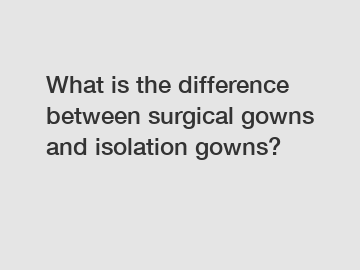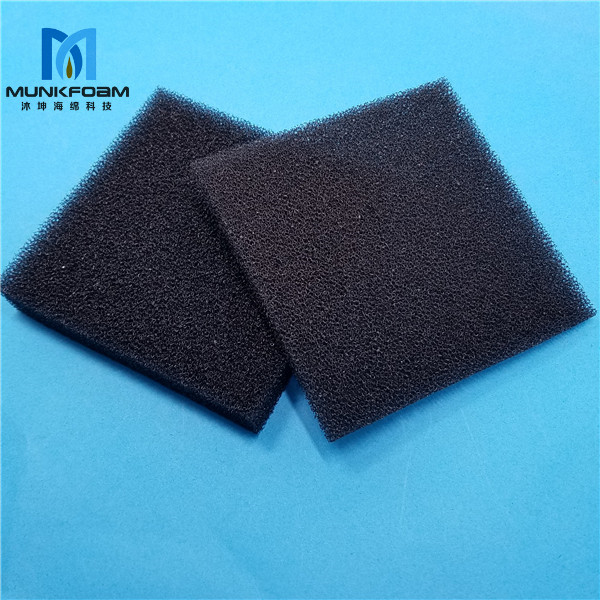Promising Role of Phosphatidylserine: Fighting Alzheimer's & Dementia
Promising Role of Phosphatidylserine: Fighting Alzheimer's & Dementia.
Alzheimer's disease and dementia have become increasingly prevalent in today's aging population. These neurodegenerative conditions not only affect the individuals suffering from them but also place a significant burden on their families and caregivers. As scientists continue to explore potential treatments and therapeutic approaches, an intriguing compound called phosphatidylserine is showing promise in the fight against Alzheimer's and dementia. In this article, we will discuss the potential benefits of phosphatidylserine and its role in combating these devastating conditions.
Understanding Alzheimer's & Dementia.

Alzheimer's disease is the most common form of dementia, a progressive brain disorder that affects memory, thinking, and behavior. It gradually impairs cognitive abilities and eventually hinders the ability to carry out daily tasks. Dementia, on the other hand, is a general term that encompasses a range of conditions characterized by cognitive decline severe enough to interfere with daily life. While Alzheimer's disease is a specific type of dementia, there are other types such as vascular dementia, Lewy body dementia, and frontotemporal disorders.
The Role of Phosphatidylserine.
Phosphatidylserine (PS) is a phospholipid that plays a crucial role in maintaining the structure and function of cells, especially in the brain. It is found in high concentrations in the brain and is involved in various cellular processes, including signal transduction, neurotransmitter release, and cell membrane integrity. Additionally, PS has shown the ability to enhance cellular metabolism and brain glucose utilization, which are key factors in maintaining cognitive functions.
Cognitive Enhancement and Memory Support.
Numerous studies have investigated the potential benefits of phosphatidylserine in cognitive enhancement and memory support. A meta-analysis published in the Journal of Clinical Biochemistry and Nutrition examined the effects of PS on cognitive functions in elderly individuals with memory complaints. The analysis concluded that PS supplementation significantly improved cognitive functions, including memory, attention, and executive function.
Additional resources:What are the advantages of ordering affordable staples for gastric sleeve surgery online?
what is citicoline good for?
8 Reasons Doctors Should Choose SonoAir
What are Features and Benefits of the Waterproof Prosthetic Foot?
Is Portable Ultrasound the Future of Healthcare?
Does citicoline help with focus?
Nitrile Gloves vs Vinyl Gloves
Neuroprotective Effects.
Phosphatidylserine also exhibits neuroprotective effects, possibly by reducing oxidative stress and inflammation in the brain. Oxidative stress and chronic inflammation contribute to the progression of neurodegenerative diseases, including Alzheimer's and dementia. A study published in the Journal of Neurological Sciences demonstrated that PS supplementation reduced oxidative stress markers in the brains of aged rats, suggesting its potential in combating neurodegenerative processes.
Potential for Alzheimer's & Dementia Treatment.
Due to its cognitive benefits and neuroprotective properties, phosphatidylserine is being explored as a potential treatment for Alzheimer's disease and dementia. Several clinical trials have shown promising results, with PS supplementation leading to improvements in cognitive functions and quality of life in individuals with these conditions.
However, it is important to note that more research is needed to fully understand the optimal dosage, treatment duration, and long-term effects of phosphatidylserine supplementation. Additionally, it should be used as part of a comprehensive treatment plan that includes lifestyle modifications, medication (if prescribed), and support from healthcare professionals.
Contact Us.
In conclusion, as the prevalence of Alzheimer's disease and dementia continues to rise, exploring potential treatments and therapeutic approaches is of utmost importance. Phosphatidylserine, with its cognitive enhancement and neuroprotective effects, holds promise in the fight against these devastating conditions. If you or a loved one is affected by Alzheimer's or dementia, it is crucial to consult with healthcare professionals and explore different treatment options, including the potential benefits of phosphatidylserine. For more information or assistance, please contact us.
For more information, please visit Citicoline Sodium for mental clarity , Factory price Citicoline, Citicoline Sodium for mental clarity .
Additional resources:Frequently Asked Questions About Supplement Vitamin Soft Capsules
How do you use a disposable gown?
What is the basic sequence of non-woven fabric manufacturing?
Are Veterinary Needles Truly Sterile? Unveiling the Precision Behind Animal Healthcare
What are the requirements for AAMI Level 4?
Is kale powder worth it?
What is the difference between a Doppler and a vascular ultrasound?
235
0
0
Related Articles
-
258
0
0
-
225
0
0
-
What is the difference between surgical gowns and isolation gowns?
What is the difference between surgical gowns and isolation gowns?
270
0
0
-
What are the advantages of buying a 3D portable ultrasound machine for medical professionals?
Advantages of Buying a 3D Portable Ultrasound Machine for Medical Professionals.
228
0
0
-
224
0
0
-
227
0
0
-
230
0
0
-
230
0
0









Comments
All Comments (0)